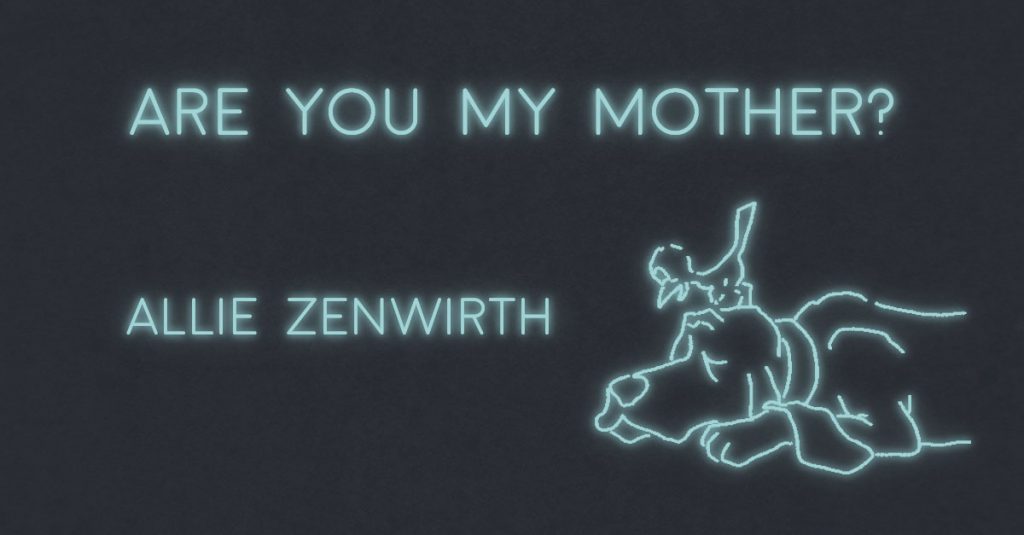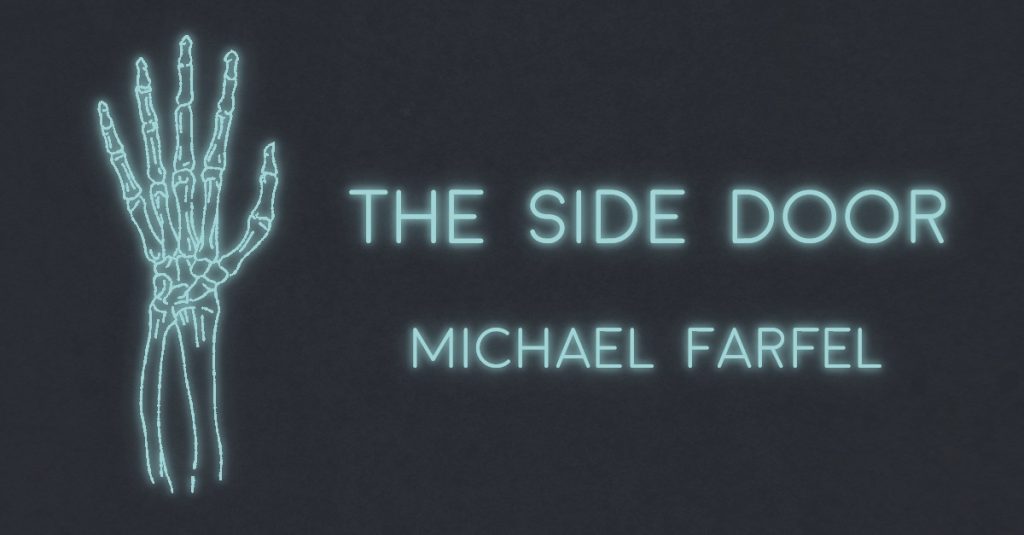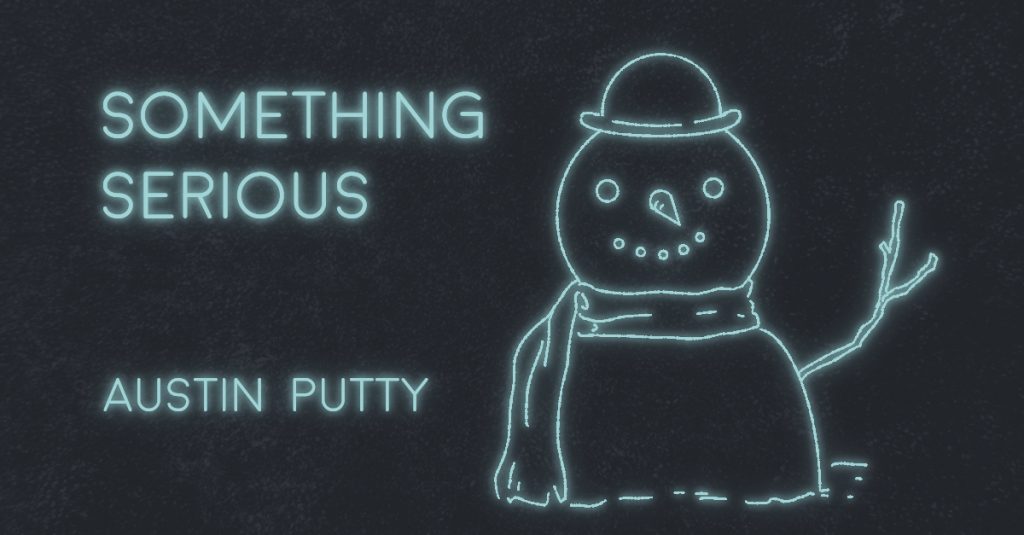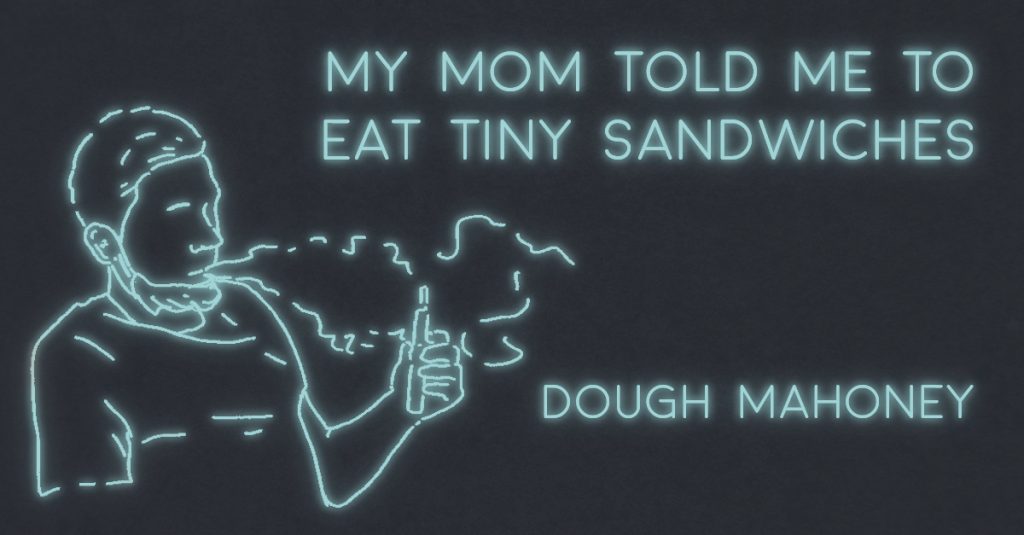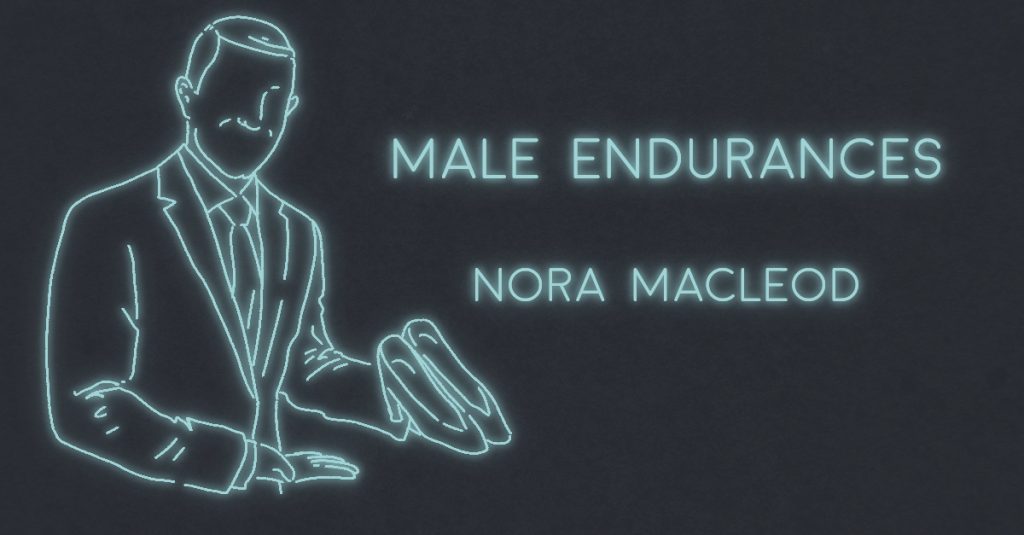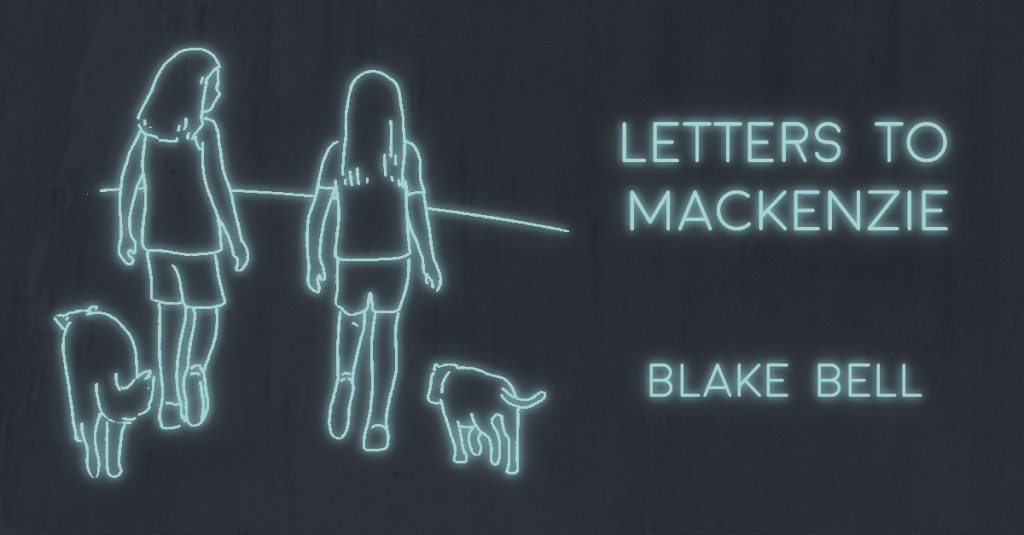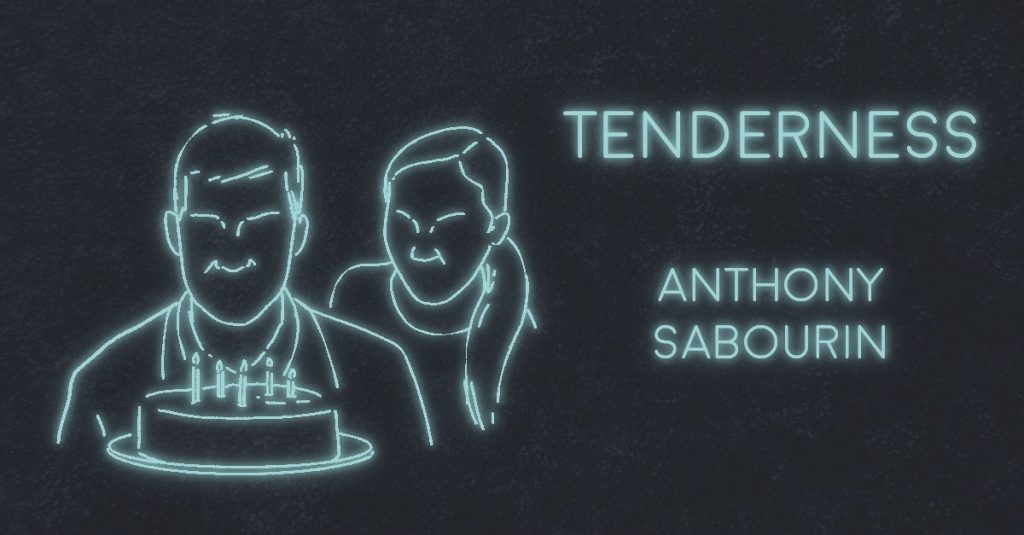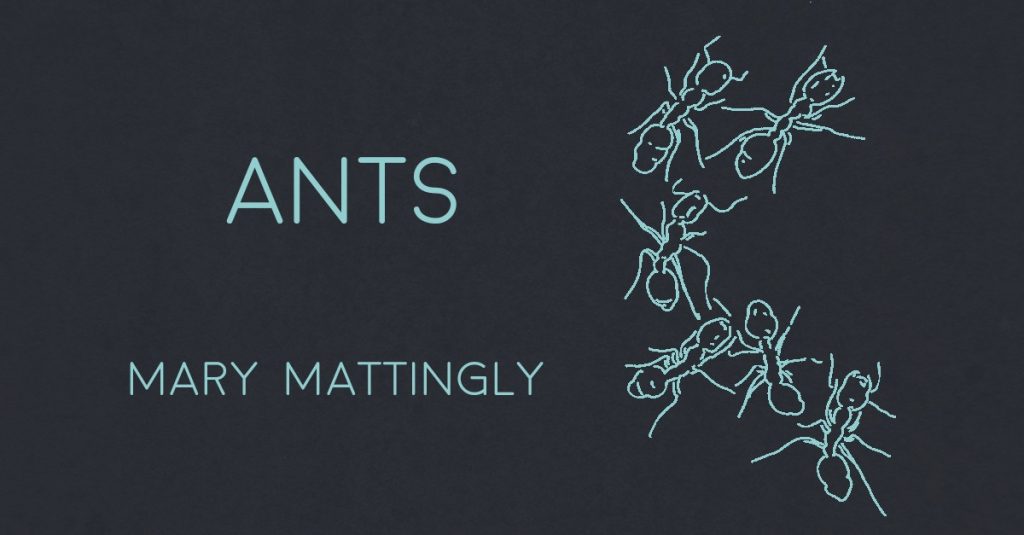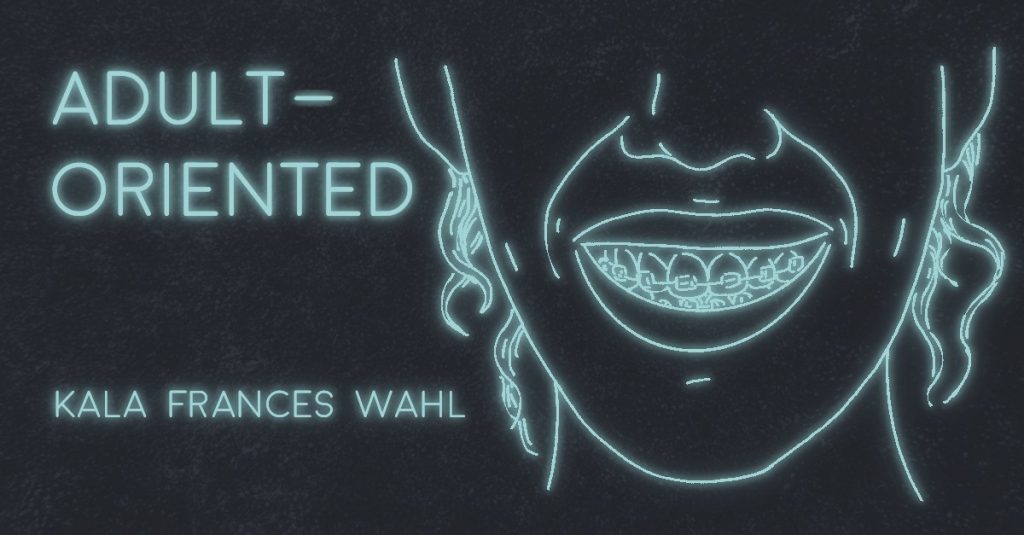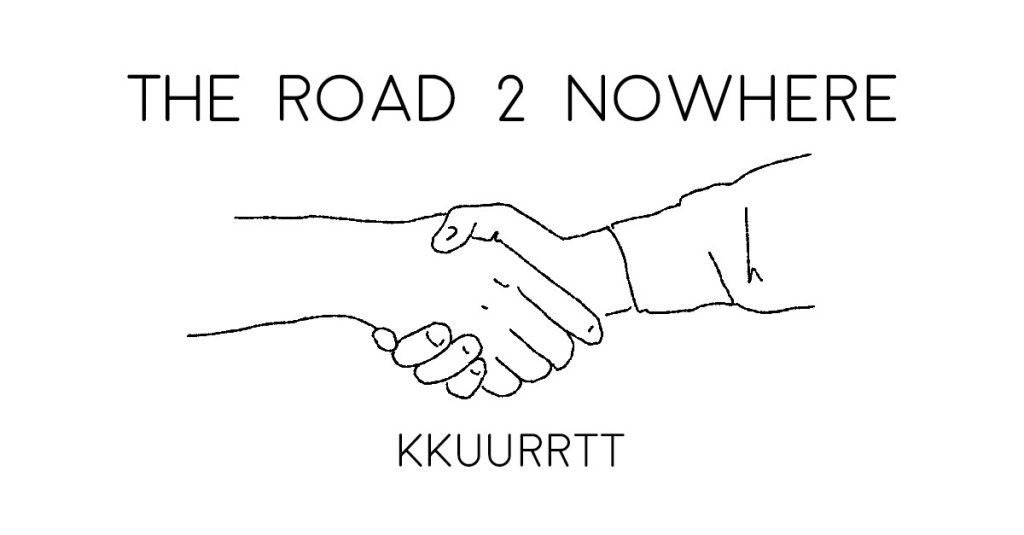
THE ROAD 2 NOWHERE by KKUURRTT
My friend Brian joined a cult. He was always doing stupid shit like that. This one time when we were fifteen he jumped off a bridge cause fucking Mike Langer dared him to. He broke his shinbone when he hit the water and spent the rest of summer in a cast. It wasn’t all bad though. Langer sold weed and gave him a half-ounce for free because he felt terrible about daring him to do it even though we were playing Truth or Dare on a bridge which was dumb on everybody’s part. Honestly, we’re lucky it came up as…

